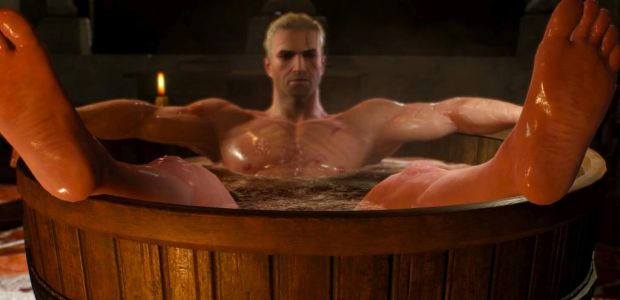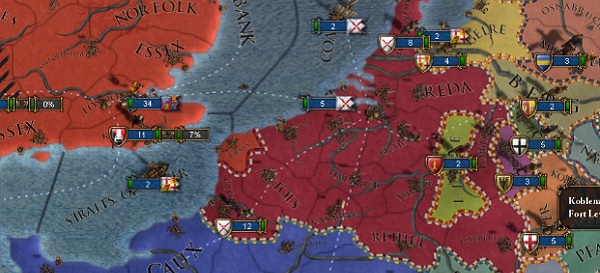

Over in Everquest II, they’re trying an experiment at the moment – what’s that? Yes, Everquest II. People are> still playing it. The original as well. I know, I’m surprised too, but never mind. Specifically, they’ve created a prison server called Drunder. The idea is that instead of banning trolls, griefers and cheaters (presumably up to a certain point), they can simply throw all the troublemakers in server jail and let them play together with no possibility of escape. Nothing can possibly go wrong! If you want to indulge in the anarchy then you can request to be sent there, but again, it’s a one way trip for your account. Has Daybreak finally discovered the ultimate fix for bad online behaviour, though? Let’s ask our special ethics correspondent, a snowball in Hell.
…
Well, while we wait, I thought it’d be fun to take a look at how a few other RPGs have decided to have a little fun with their dodgier elements, both online and off.













